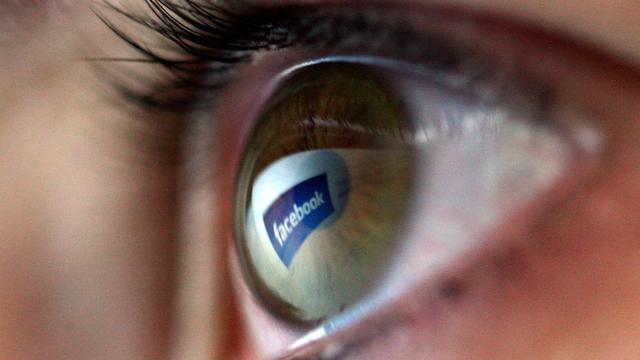Facebook is connecting the world to the internet, for better or worse. According to the company’s earnings report for the first quarter of 2018, Facebook has now connected more than 100 million people to its very narrow version of the internet provided by Internet.org.
Image: Getty
“We continue to work on connectivity, and our Internet.org efforts have now helped almost 100 million people get access to the internet who may not have had it otherwise,” Facebook founder and CEO Mark Zuckerberg said in a prepared statement during the earnings call.
Internet.org, a partnership between Facebook and a number of other tech companies including Samsung and Qualcomm, touts a goal of connecting people in developing countries to the internet. The numbers provided by Facebook suggest it is accomplishing that. The new milestone for users marks a significant jump in reach, considering Internet.org served 40 million people in November 2016.
While Internet.org is bringing people online, it gets them there by making sure they go through Facebook first. Whether the intentions of the service are noble or not, it has raised concerns that Facebook may be violating the principles of net neutrality.
Internet.org’s approach to connectivity to two-pronged. First, it works with local merchants to set up Wi-Fi hubs accessible to people living in the area. The company has also explored providing this connectivity from solar-powered drones – though has occasionally had issues with them crashing.
The second step of the process allows users to access a restricted version of the web through Facebook’s Free Basics app. The app gives users access to about 150 different websites and services, most of which are localised for the region.
That is where Facebook starts to get into trouble, as it is effectively playing gatekeeper to the internet by picking and choosing what services are made available and what ones cannot be accessed. Fittingly, Facebook is the only social media service made available through Free Basics, according to The Guardian.
Citizen media and activist group Global Voices pointed out last year that Facebook’s Free Basics often falls woefully short of providing sufficient access to the internet for many of the users it serves. The organisation found the service primarily highlights sites from American companies rather than local ones, and often fail to provide services in native languages.
Timothy Karr, Senior Director of Strategy and Communications at Free Press, told Gizmodo that it’s best not to confuse the “limited set of low-bandwidth websites” provided by Facebook for the true connectivity. “To call that the internet is a mistake,” he said.
Karr said it would be preferable for Facebook to provide access to the “whole internet” without restrictions. Doing so would give users more agency to choose what sites they visit and who they connect and communicate with. Karr warned that Facebook’s system risks relegating people to “second-class status online”.
Allowing Facebook – or any company for that matter – to have total say over what people can access creates a problem of control, Karr warned, even if the resources made available through the service are helpful to people.
“We’d prefer to see Facebook use its considerable resources to help connect people to everyone else online and not to some limited facsimile of the world wide web,” Karr explained. “There are groups on the ground in many of these countries already attempting to do this. Perhaps Facebook could dedicate its resources to cooperate with these local organisations.”
Despite the criticism, Facebook holds that isn’t violating net neutrality. A spokesperson for Facebook told Gizmodo that the company continues to be a strong supporter of net neutrality and believes its services fall in line with the bright-line rules that define the principle: No paid prioritisation that provides internet fast lanes for services that pay, no blocking content, and no throttling or slowing connections. According to the company, any developer can participate in the Free Basics service as long as they adhere to the technical guidelines dictated by Facebook.
The crux of Facebook’s argument is that there is no inconsistency in supporting net neutrality and also offering zero-rated programs like Free Basics. The Federal Communications Commission under the Trump administration likely agrees with that position. Under the prior administration, zero-rating was considered a violation of net neutrality, as it offers beneficial access to select services. Many net neutrality advocates continue to view zero-rating schemes as running counter to the principles meant to protect the free and open internet.
Whether Facebook’s limited access internet service is a violation of net neutrality or not (it is) doesn’t really matter that much at this point. The plan is already working. As this week’s earnings report showed, the company is already the gatekeeper to the internet for more than 100 million people.
In regions where Internet.org operates, Facebook is often synonymous with “the internet” for many users. The company may not be totally succeeding in bringing people online, but it is succeeding at bringing them to Facebook.
